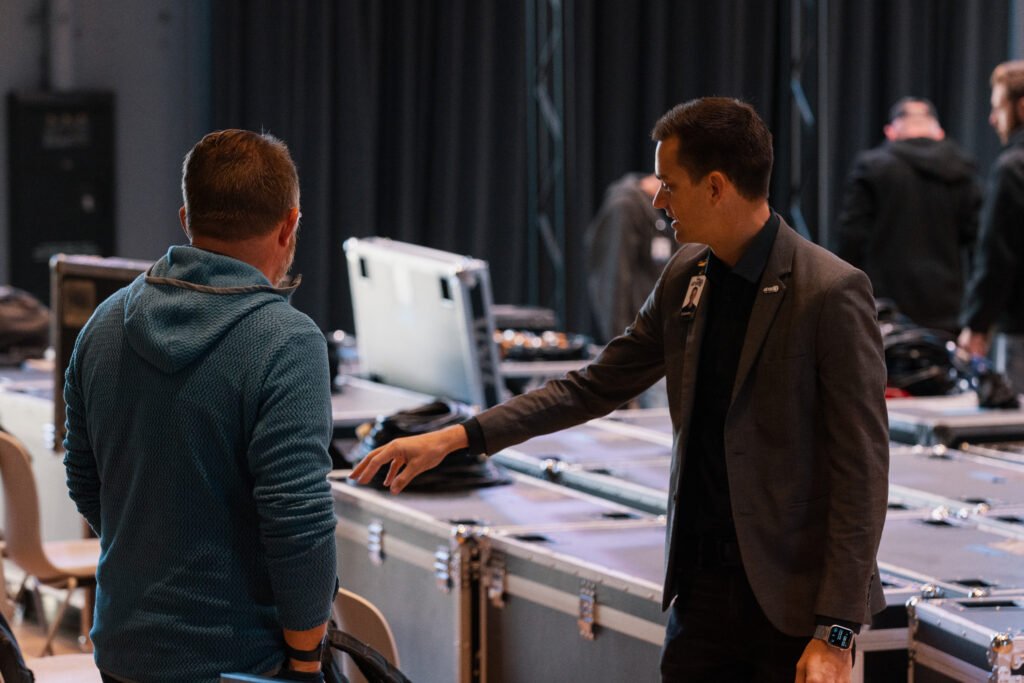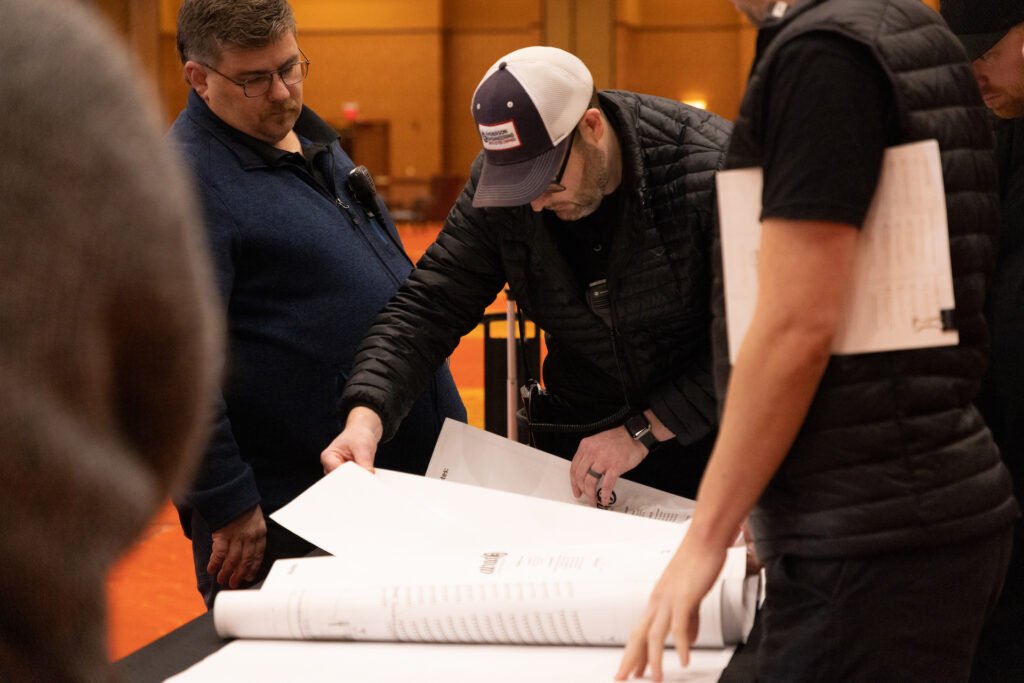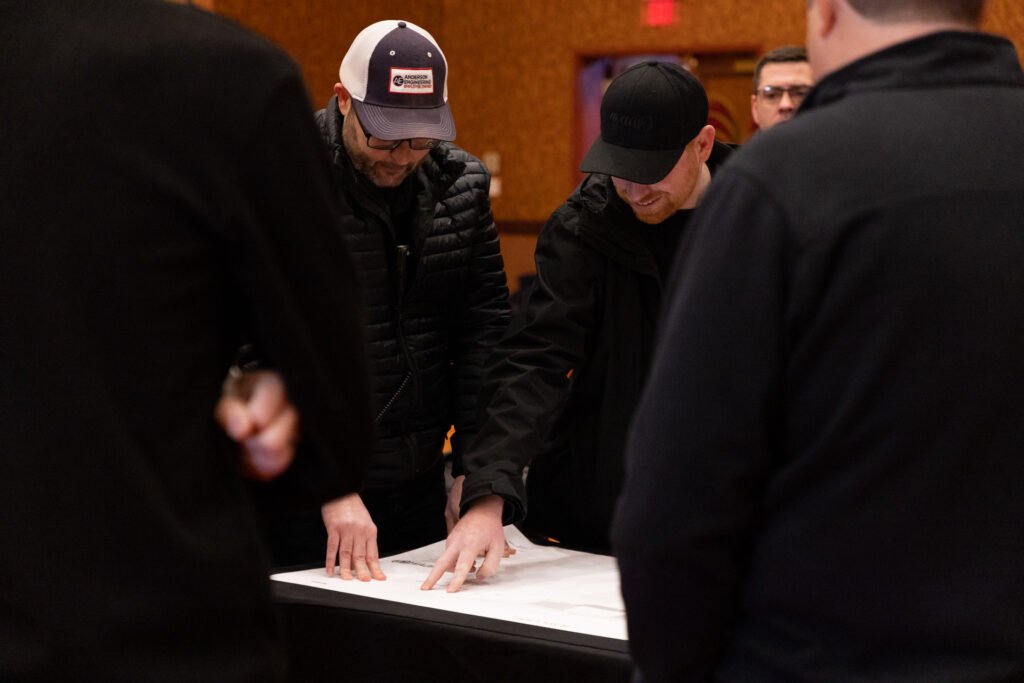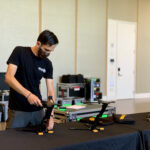Event planning is a high-pressure job. It requires months of strategic planning and attention to detail to ensure a successful representation of your company or non-profit organization.
Throughout this process, you communicate with numerous individuals, discussing countless details. With so much on your plate, it’s understandable to feel overwhelmed when your A/V company starts throwing around terms like “gobos” and “edisons.” And while it’s their responsibility to explain their solutions clearly, understanding production terms will empower you to effectively communicate your needs.

Why Learning Your A/V Company’s Production Terms Matters
Juggling multiple tasks while orchestrating a great show can be challenging. At its core, event video production involves leveraging various technologies to effectively communicate your message to your audience. Familiarizing yourself with the names and uses of these technologies will help you make informed decisions when selecting equipment for your event.
This knowledge will also enable you to plan your budget more effectively and have meaningful discussions with your A/V company regarding your specific event requirements.
Your Event Is Important – Make Sure You’re Set Up For Success
Your message deserves to be heard by the right audience. Determine how many attendees should be present and select a suitable date for hosting the event. Consider whether an in-person gathering, a virtual conference, or a hybrid event would better serve your audience’s needs. Just like building a house, start with the basics when brainstorming your event.
Once you have a vision in mind, it’s time to plan the event’s details. For example, let’s say you decide on a hybrid conference with a main stage, large screens, and a side stage for live performances. Having knowledge of production terms will empower you to effectively communicate your vision to the production company.

Here’s an example: You can request having enough decks in the GS area to accommodate an 8-person panel with lavs. The band will require backline equipment, with wedge monitors for all band members except the lead, who prefers IEM as stated in their rider. Additionally, you’ll need bi-directional streaming capabilities for remote presenters and seamless at-home Q&A sessions. By utilizing these production terms, you’ll streamline communication during the initial planning stages.
Once all the technical details have been ironed out between you and your production company, they will provide you with a quote. Equipped with a strong understanding of production terminology, you can align yourself with the specifics of the quote and ensure all your requirements are met.
Finally, the day of your event arrives. It’s the culmination of all your hard work and planning. As you witness everything falling into place just as you envisioned, remember that you can always rely on production terms to ask questions and seek clarifications onsite.

Knowing the Production Language Will Allow Confidence On Your Big Day
Mastering production terminology allows you to further navigate the event planning process with confidence. By understanding the language of production, you can effectively communicate your needs, ensure seamless execution, and deliver a memorable event that captivates your audience.

